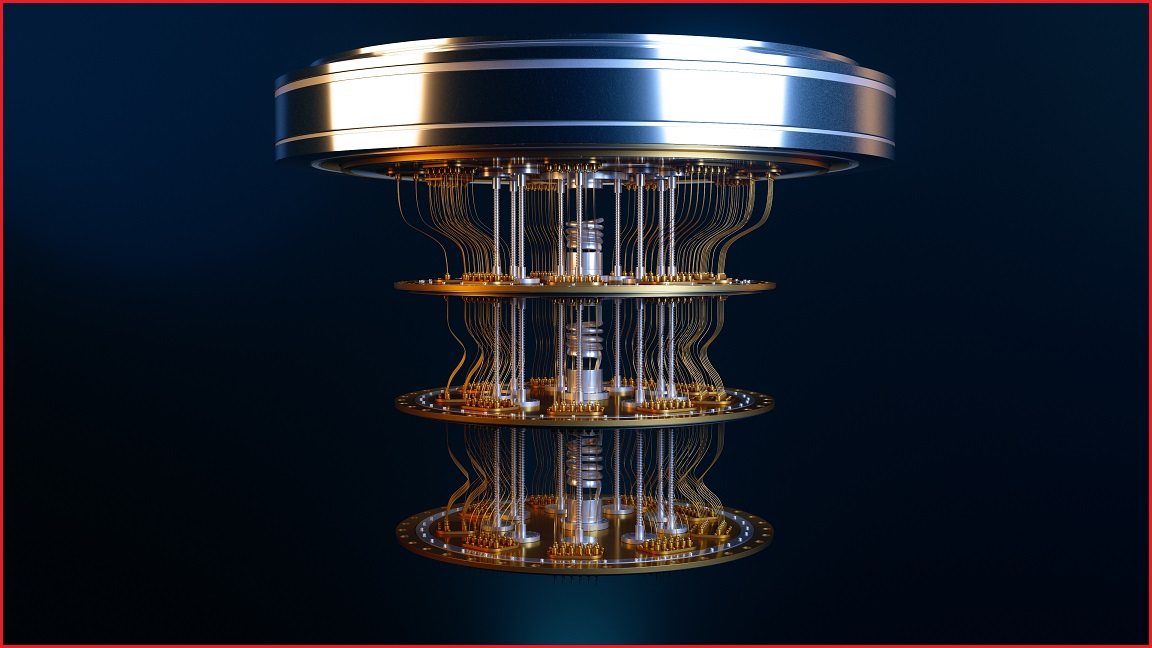Researchers from Google’s quantum computing team have once again claimed a major breakthrough by conducting an experiment on its new 70 qubit system that would take a supercomputer 47 years to compute.
The results are presented in a recent paper and demonstrate capabilities of quantum systems that the researchers say are “firmly in the regime of beyond-classical quantum computation”.
In theory, quantum computers will be capable of solving problems that take regular ‘classical’ computers an extraordinarily long time to compute.
But building a working, fault-tolerant quantum computer is one of the biggest engineering challenges on the planet, and proving that a quantum system is capable of out-performing classical supercomputers is the pinnacle of these research and development efforts.
In 2019, Google claimed it had done exactly this with its 53 qubit Sycamore processor, though detractors poked holes in the tech giant’s claims by finding new theoretical configurations of supercomputers that would be able to out-perform the quantum system.
The latest experiment is an extension of that 2019 paper with the 70 qubit Sycamore processor performing a task – sampling the result of random gate operations being thrown at its qubits – that the researchers themselves admit serves little real-world purpose.
“Looking forward, despite the successes of [random circuit sampling] RCS achieved so far, finding practical applications for near-term noisy quantum processors still remains as an outstanding challenge,” the paper says, though it does suggest the technique could be used for “certified randomness generation”.
Dr Simon Devitt is a senior lecturer at the University of Technology, Sydney’s centre of quantum software and information.
“This kind of algorithm, even though it has no utility, is a good way to show that a quantum computer can do something a classical computer can’t,” he told Information Age.
“The machines are still too small and they’re still too noisy to solve a chemistry problem or an optimisation problem that couldn’t be done with a classical computer.
“The hardware’s just not there yet, and it’s not going to be there for a while.”
In the absence of these machines serving a real purpose, Dr Devitt said, the likes of Google, IBM, and Microsoft are stuck in a strange space where they need to academically prove their capabilities while also showing to shareholders and potential future customers that their quantum systems have an edge over the competition.
These companies thus have to show to their scientific peers that these systems have reached quantum advantage – claims that are as esoteric as they are picked apart by the sceptical brains of quantum experts.
“Right now we live in this zone where you’re trying to claim that you’re better than any classical computer, but there are people out there who figure out new techniques with classical computers or throw more hardware at the problem,” Dr Devitt told Information Age.
“Maybe in a few years times if we see another generation of these chips and they keep improving, then it’s going to be much more unequivocal.”










